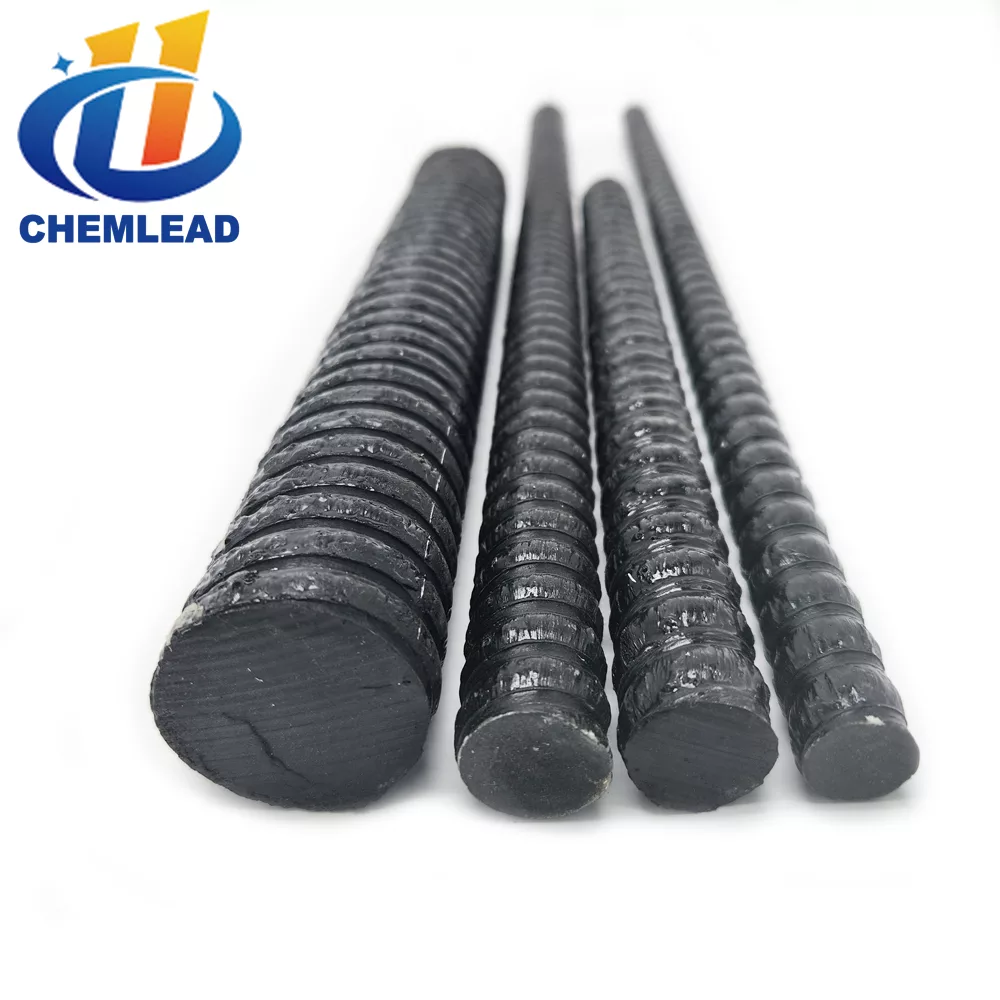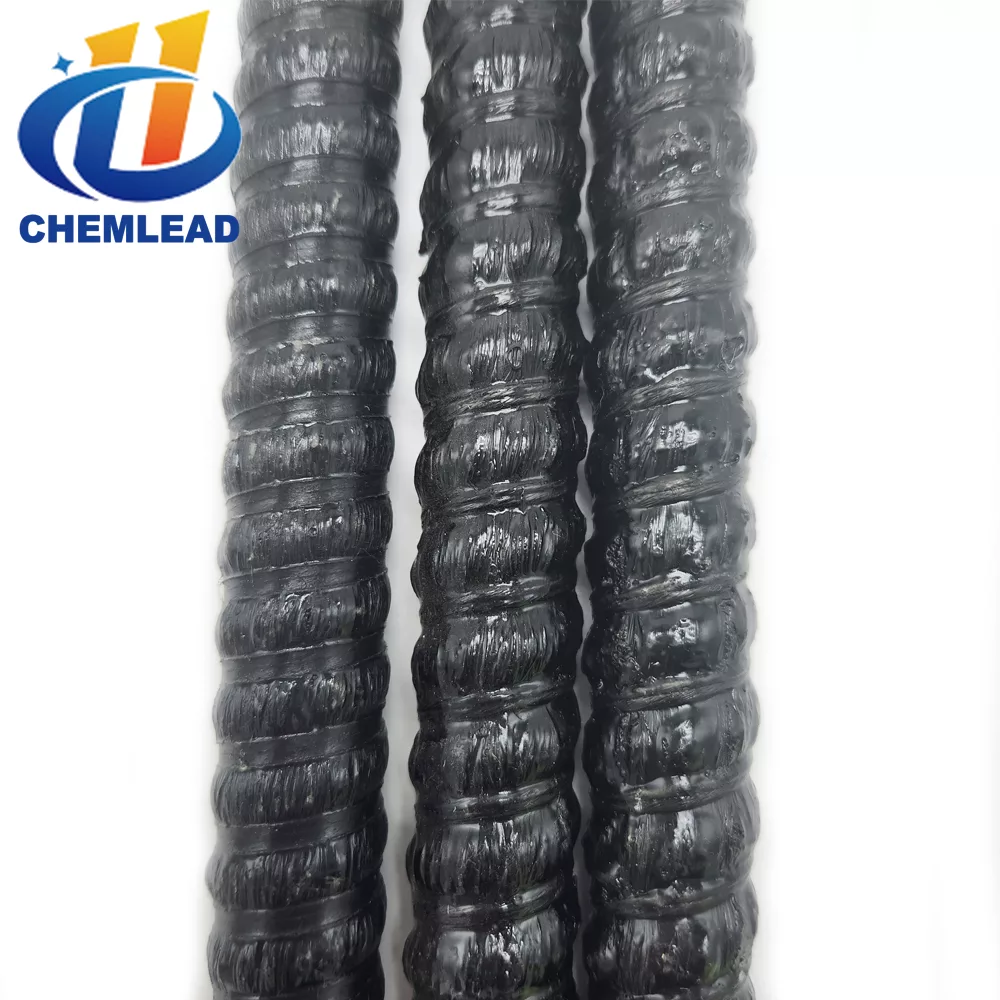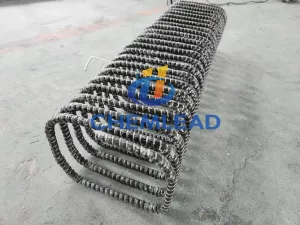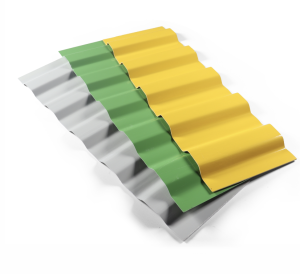+8613776545860


Basalt Fiberglass Rebar: The Future of Sustainable and Durable Construction
In the world of construction, innovation is key to building structures that are not only strong and durable but also environmentally friendly. Enter Basalt Fiberglass Rebar – a revolutionary material that’s changing the game for reinforced concrete structures. Made from natural basalt rock, this advanced composite material offers a host of benefits over traditional steel rebar, making it the go-to choice for modern construction projects.
What is Basalt Fiberglass Rebar?
Basalt fiberglass rebar is a composite material made from basalt rock, a volcanic rock formed from cooled lava. The rock is melted at high temperatures and extruded into fine fibers, which are then woven together and coated with a resin to create a lightweight, high-strength reinforcement bar.
Unlike traditional steel rebar, basalt fiberglass rebar is **non-corrosive, non-conductive, and eco-friendly**, making it ideal for a wide range of applications, from bridges and highways to seawalls and industrial facilities.
Key Benefits of Basalt Fiberglass Rebar
1. Superior Strength and Durability
Basalt fiberglass rebar boasts a high strength-to-weight ratio, making it as strong as steel but up to 75% lighter This makes it easier to handle, transport, and install, reducing labor costs and construction time.
2. Corrosion-Resistant
One of the biggest drawbacks of steel rebar is its susceptibility to rust and corrosion, especially in harsh environments like coastal areas or chemical plants. Basalt fiberglass rebar, on the other hand, is completely immune to corrosion, ensuring a longer lifespan for your structures.
3. Non-Conductive and Non-Magnetic
Basalt rebar is electrically and thermally non-conductive, making it perfect for projects near power lines, MRI facilities, or any application where electromagnetic neutrality is critical.
4. Eco-Friendly and Sustainable
Basalt is a naturally occurring, abundant material that requires minimal processing. The production of basalt fiberglass rebar consumes less energy and generates fewer emissions compared to steel rebar, making it a greener choice for sustainable construction.
5. Cost-Effective in the Long Run
While the initial cost of basalt fiberglass rebar may be slightly higher than steel, its longevity and low maintenance requirements make it a cost-effective solution over the life of a project.
Applications of Basalt Fiberglass Rebar
Basalt fiberglass rebar is versatile and can be used in a wide range of construction projects, including:
– Bridges and Highways: Its corrosion resistance makes it ideal for infrastructure exposed to harsh weather and de-icing salts.
– Marine Structures: Perfect for seawalls, docks, and piers where saltwater corrosion is a major concern.
– Industrial Facilities: Resistant to chemicals and extreme temperatures, basalt rebar is ideal for factories and chemical plants.
– Green Building Projects: Its eco-friendly properties make it a top choice for LEED-certified and sustainable construction projects.
– Residential Construction: Lightweight and easy to handle, it’s great for foundations, walls, and slabs.
Why Choose Basalt Fiberglass Rebar Over Steel?
Traditional steel rebar has been the standard for decades, but it comes with significant drawbacks:
– Corrosion: Steel rebar rusts over time, leading to structural damage and costly repairs.
– Weight: Steel is heavy, making it difficult to transport and install.
– Environmental Impact: Steel production is energy-intensive and contributes to greenhouse gas emissions.
Basalt fiberglass rebar addresses all these issues, offering a stronger, lighter, and more sustainable alternative that’s built to last.
The Environmental Impact of Basalt Fiberglass Rebar
As the construction industry moves toward greener practices, basalt fiberglass rebar is leading the way. Here’s why:
– Natural Material: Basalt is a naturally occurring volcanic rock, making it a renewable resource.
– Low Carbon Footprint: The production process emits significantly less CO2 compared to steel.
– Recyclable: At the end of its life, basalt rebar can be recycled, reducing waste and promoting a circular economy.
By choosing basalt fiberglass rebar, you’re not just building stronger structures – you’re building a more sustainable future.




 Get Free Quote Now! Don’t Hesitate!
Get Free Quote Now! Don’t Hesitate!